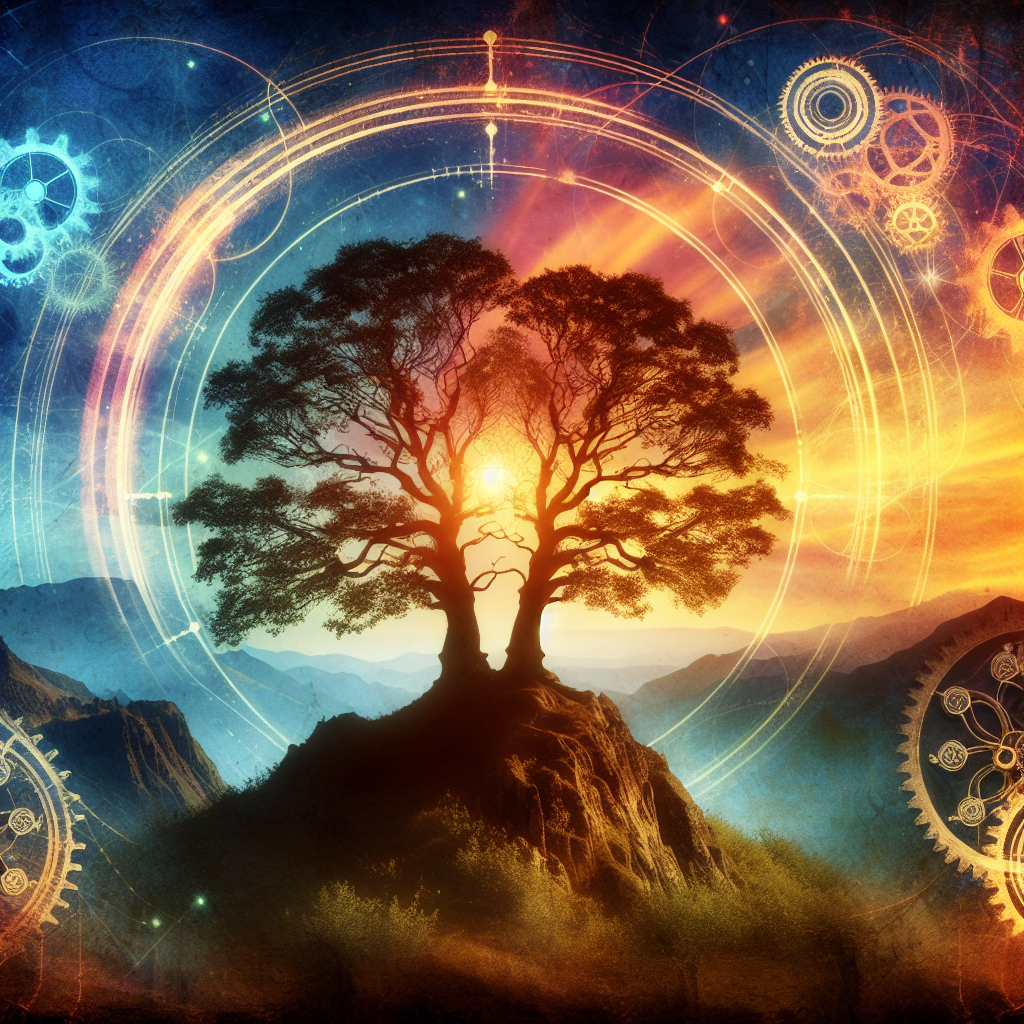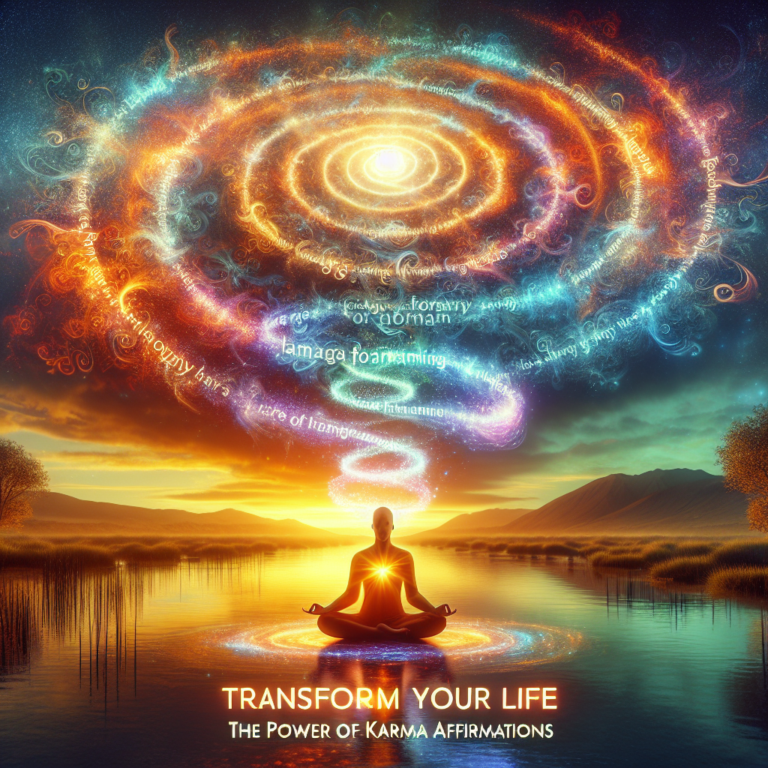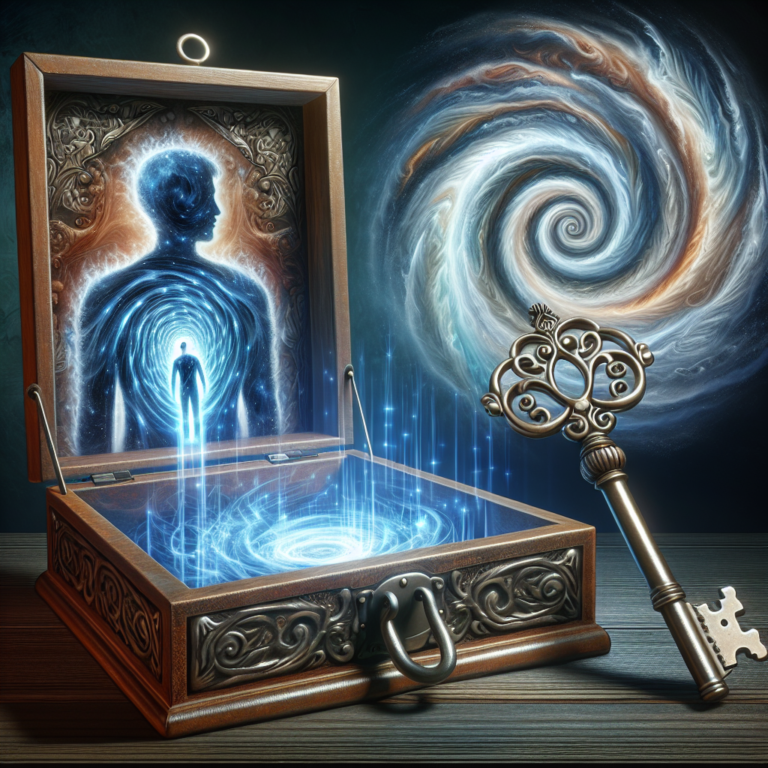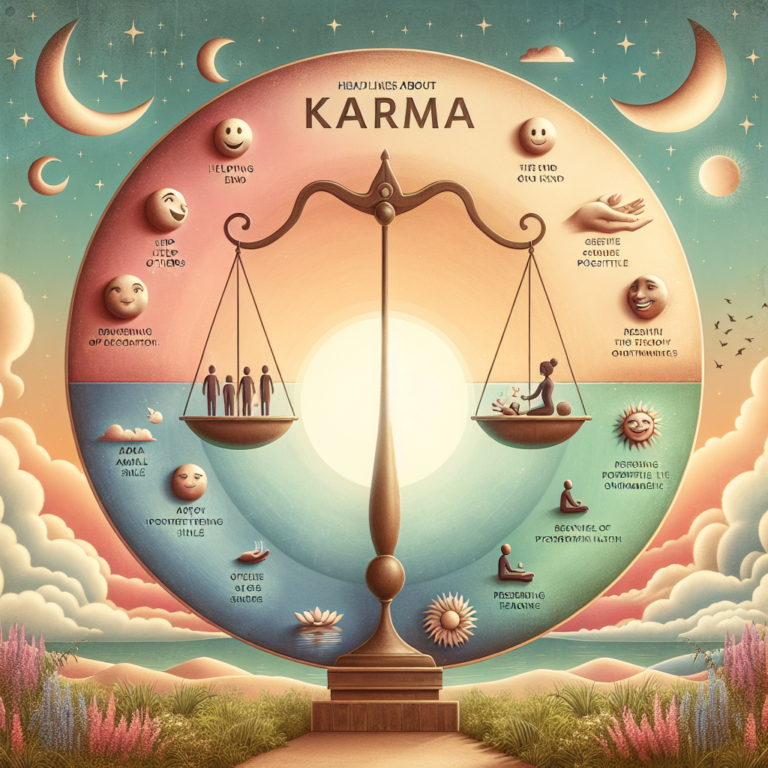The concept of karma has deep roots in various spiritual and philosophical traditions, particularly in Hinduism and Buddhism. At its core, karma suggests that our actions—good or bad—set off a chain reaction that impacts our future experiences. While this idea is often framed in relation to individual destinies and moral accountability, its implications extend into a more social dimension: our relationships. In this article, we will explore how past actions, behaviors, and choices impact our connections with others, emphasizing the role of karma in shaping the dynamics of relationships in the present moment.
Understanding Karma in Relationships
Karma, derived from the Sanskrit word "karman," meaning "action" or "deed," emphasizes the moral weight of our choices. In the context of relationships, these actions refer not only to interpersonal engagements but also to the underlying attitudes and intentions that fuel our behavior. The notion of karma implies that every interaction leaves an imprint on both parties involved, forming a web of connections influenced by previous encounters.
The Ripple Effect of Past Actions
One of the most critical aspects of karma is the ripple effect created by our actions. For instance, when we act with kindness and compassion, those positive actions can reverberate through our relationships, fostering trust and emotional intimacy. Conversely, negative actions—such as betrayal, neglect, or deceit—can create a cloud of tension, eroding trust and leading to misunderstandings.
Consider a simple example: if a friend neglects your feelings during a time of need, your trust may be shaken. In the future, you may hesitate to confide in them about your struggles. The past action (neglect) informs your current relationship dynamics (distrust), creating distance over time. The cycle of moral accountability becomes evident; our past actions shape not only our current feelings but also how we approach future interactions.
Building Emotional Resilience
Emotional resilience is often tied to the choices we make, and how they affect our relationships. When we are mindful of the karmic implications of our actions, we tend to make more conscious decisions. By choosing compassion over criticism, understanding over judgment, or forgiveness over resentment, we develop emotional resilience that promotes lasting, healthy relationships.
This resilience demonstrates how past actions can contribute positively to future experiences. For instance, if we have previously experienced the healing power of forgiveness in one relationship, we are likely to carry that understanding into others, creating a more nurturing environment for all involved.
Patterns and Cycles in Relationships
Many individuals find themselves caught in repetitive patterns across different relationships—cycles of conflict, miscommunication, or even the same type of unhealthy partnership. These patterns often arise from past actions that shape our expectations and behavior in the present.
For instance, someone who has experienced a series of emotionally unavailable partners may start to subconsciously attract similar individuals. Their previous experiences dictate their behavior, leading them to unconsciously recreate familiar dynamics. Recognizing such patterns is essential for breaking free from negative karmic cycles. By understanding how past choices influence current interactions, we can actively work towards healthier patterns.
The Role of Forgiveness
Forgiveness is one of the most powerful tools in the realm of karma and relationships. Holding onto past grievances or resentment weighs heavily on our emotional well-being, perpetuating harmful cycles. When we practice forgiveness, we not only release ourselves from emotional burdens but also create an opportunity for healing in relationships.
Forgiveness allows us to reconcile with past actions—both our own and those of others. It creates space for new beginnings and fosters understanding, empathy, and compassion. For instance, if one partner in a romantic relationship has hurt the other, the act of forgiveness can transform the relationship, reshaping future interactions and creating a pathway to rebuilding trust.
Mindfulness and Conscious Choices
Being consciously aware of our behavior is crucial when navigating the karma connection in relationships. Mindfulness enables us to recognize our emotional responses and knee-jerk reactions, providing an opportunity to make more thoughtful choices. By evaluating the potential karmic consequences of our actions, we can strive to foster positive connections and create a nurturing environment in which relationships can thrive.
For instance, if we catch ourselves reacting in anger during a disagreement, mindfulness allows us to take a step back and question the motivations behind our response. Are we projecting past hurts onto the present situation? Are we perpetuating cycles of blame and defensiveness? Such self-reflection enables us to break the cycle of harmful behavior and respond in ways that foster connection and understanding.
Conclusion
The karma connection serves as a reminder that our past actions reverberate through the fabric of our relationships today. The principles of karma—compounded over time—shape our interactions, create patterns, and determine how we engage with one another. By acknowledging the impact of our past, we can strive to cultivate positive actions, practice forgiveness, and foster emotional resilience. Ultimately, understanding the karma connection empowers us to create healthier, more fulfilling relationships that can enhance our overall well-being and happiness.
FAQs
1. What is karma?
Karma is a concept that refers to the belief that our actions, thoughts, and deeds have consequences that shape our present and future experiences. It is often viewed as a moral law of cause and effect.
2. How does karma affect relationships?
Karma affects relationships by influencing how past actions create imprints in our interactions. Positive actions can strengthen bonds and foster trust, while negative actions can lead to misunderstandings and disconnect.
3. Can we break negative cycles in relationships?
Yes, negative cycles can be broken by recognizing patterns of behavior and making conscious choices to respond differently. Mindfulness, self-reflection, and communication are key elements in this process.
4. What role does forgiveness play in relationships?
Forgiveness is essential for healing and moving on from past grievances. It allows individuals to release emotional burdens and creates opportunities for rebuilding trust and understanding in relationships.
5. How can I become more mindful in my relationships?
Practicing mindfulness involves being present and aware of your thoughts and feelings. Techniques such as meditation, self-reflection, and maintaining open communication can enhance mindfulness in relationships.
It seems like you might be looking for a prompt related to a specific topic or theme. Could you please provide more details or context so I can assist you better? Whether it’s for writing, art, a project, or something else, let me know what you need!, #Karma #Connection #Actions #Shape #Relationships #Today, #Karma #Connection #Actions #Shape #Relationships #Today, 1734307756, the-karma-connection-how-past-actions-shape-our-relationships-today





